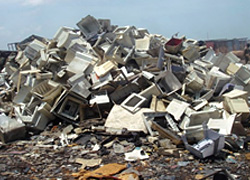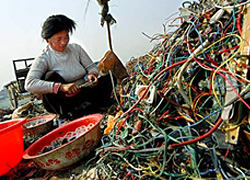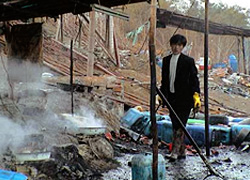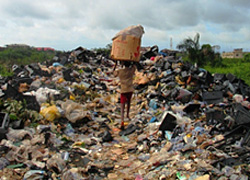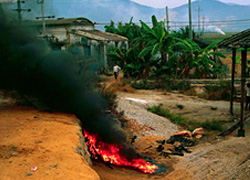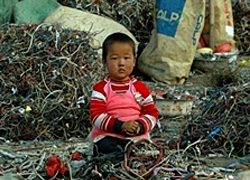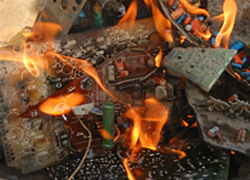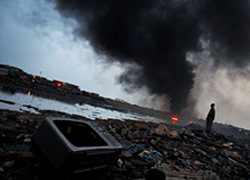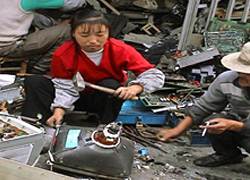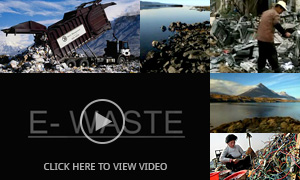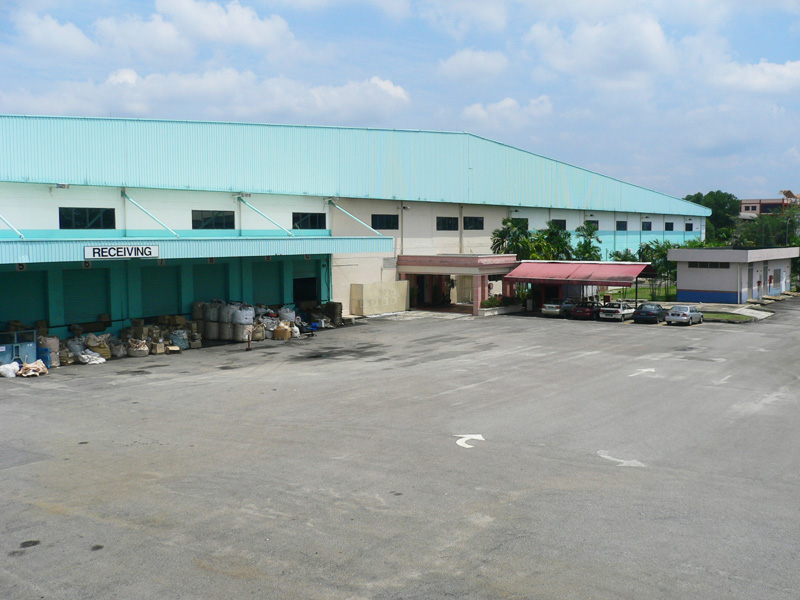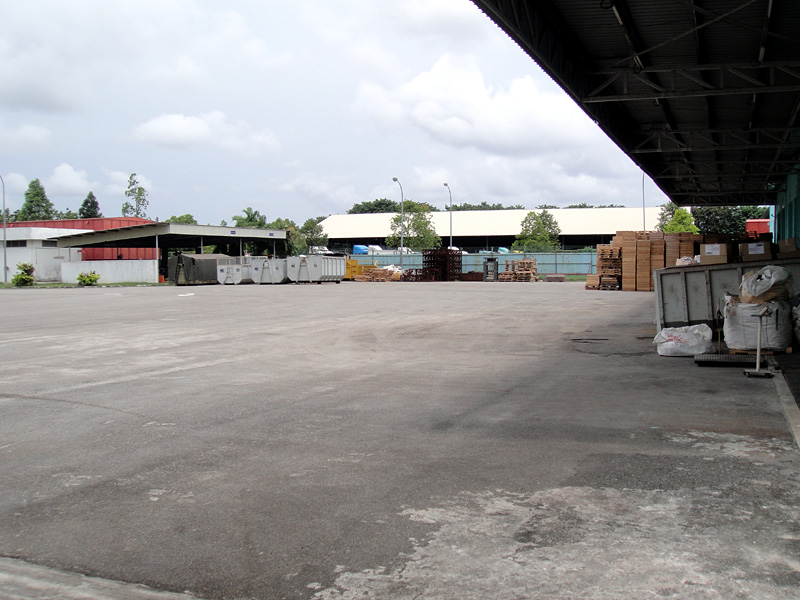E-Waste Management and Recycling
One of the biggest challenge that organizations faced is managing their used, unused and discarded electronic waste (e- Waste) or waste electrical and electronic equipment (WEEE). WEEE is a recent addition to the e-Waste stream. e-Waste is attracting increasing attention globally as the volume generated is rising rapidly due to technological advances and growing consumers demand for new E&E appliances. The electronics and information technology industry has been and currently still the world ‘s largest and fastest growing manufacturing industry and consequently, the e-waste market is growing exponentially in tandem with the industry. As a result, proper management of e-Waste has become a serious concern and of significant importance to all stakeholders involved. As a business philosophy, Meriahtek always take initiatives to keep abreast with the latest environmental policies and practices sound environmental management to ensure that hazardous substances are carefully treated and not released into the environment. Many of the materials contained in electrical and electronic components and equipment can be potentially hazardous if proper handling is not practiced throughout their life cycle. Most of the e-Waste consists electric powered components containing Precious Metals (PM), Base Metals (BM and also hazardous and toxic materials which require special handling, recycling and treatment methods. The role and responsibilities of Meriahtek is to manage e-Waste properly so that valuable resources such as precious metals can be recovered and contributed towards sustainable development. Non-recoverable scheduled wastes are strictly disposed off and/or treated at approved licensed facilities by Department of Environment Malaysia.
Why e-Waste / WEEE and Scheduled Wastes need to be managed properly?
Improper handling of scheduled and toxic wastes creates serious negative impact to the environment and its inhabitants.
As such, proper scheduled wastes management is vital in preserving the environment for our future generation. Our action today shapes the future of Mother Earth.
The global environmental pollution issues of e-Waste
Environmental Regulations for e-Waste / WEEE (SW 110) in Malaysia
In Malaysia, used or discarded electrical and electronic assemblies or otherwise commonly known as e-waste are categorized as scheduled wastes under the code SW110, First Schedule, Environmental Quality (Scheduled Wastes) Regulations 2005 under the Environmental Quality Act 1974. The SW110 wastes are defined as wastes from the electrical and electronic assemblies containing components such as accumulators, mercury-switches, glass from cathode-ray tubes and other activated glass or polychlorinated biphenyl-capacitors, or contaminated with cadmium, mercury, lead, nickel, chromium, copper, lithium, silver, manganese or polychlorinated biphenyls.
The e-wastes are also listed as code A1180 and code A2010 under Annex VIII, List A of the Basel Convention on the Control of Transboundary Movements of Hazardous Wastes and their Disposal 1989. As Malaysia is one of the Parties to the Basel Convention, the importation and exportation of such wastes must follow the procedures of the Convention. Importation or exportation of the wastes require prior written approval from the Department of Environment as mandated under Section 34B(1)(b)&(c), of the Environmental Quality Act, 1974.
Any person who contravenes this section shall be guilty of an offence and shall on conviction be punished with imprisonment for a term not exceeding five years and shall also be liable to a fine not exceeding RM 500,000.00 (Ringgit Malaysia Five Hundred Thousand).




